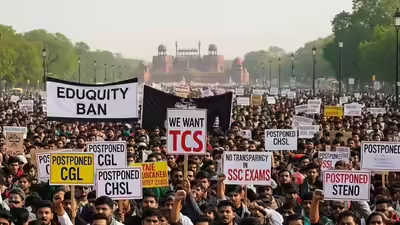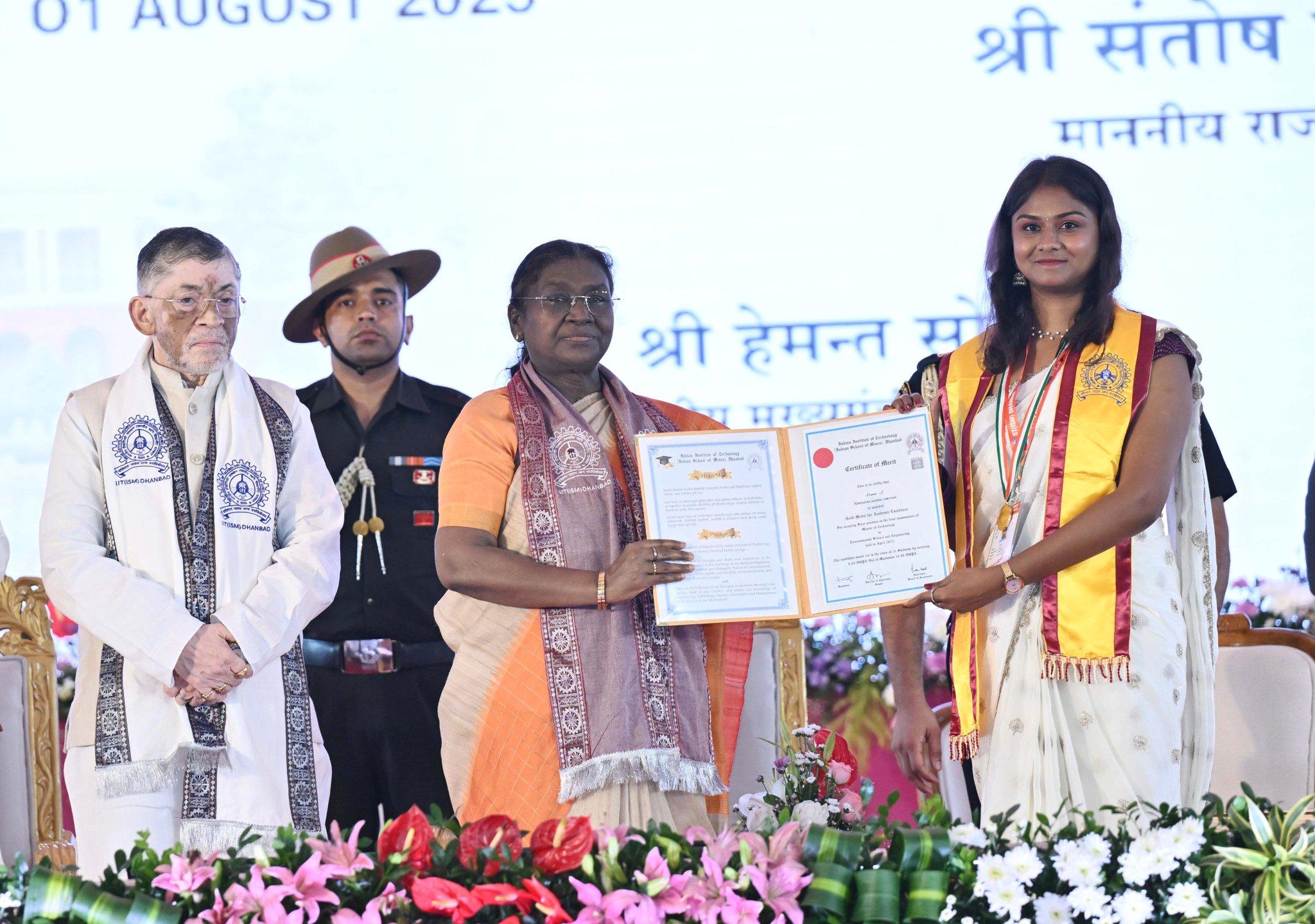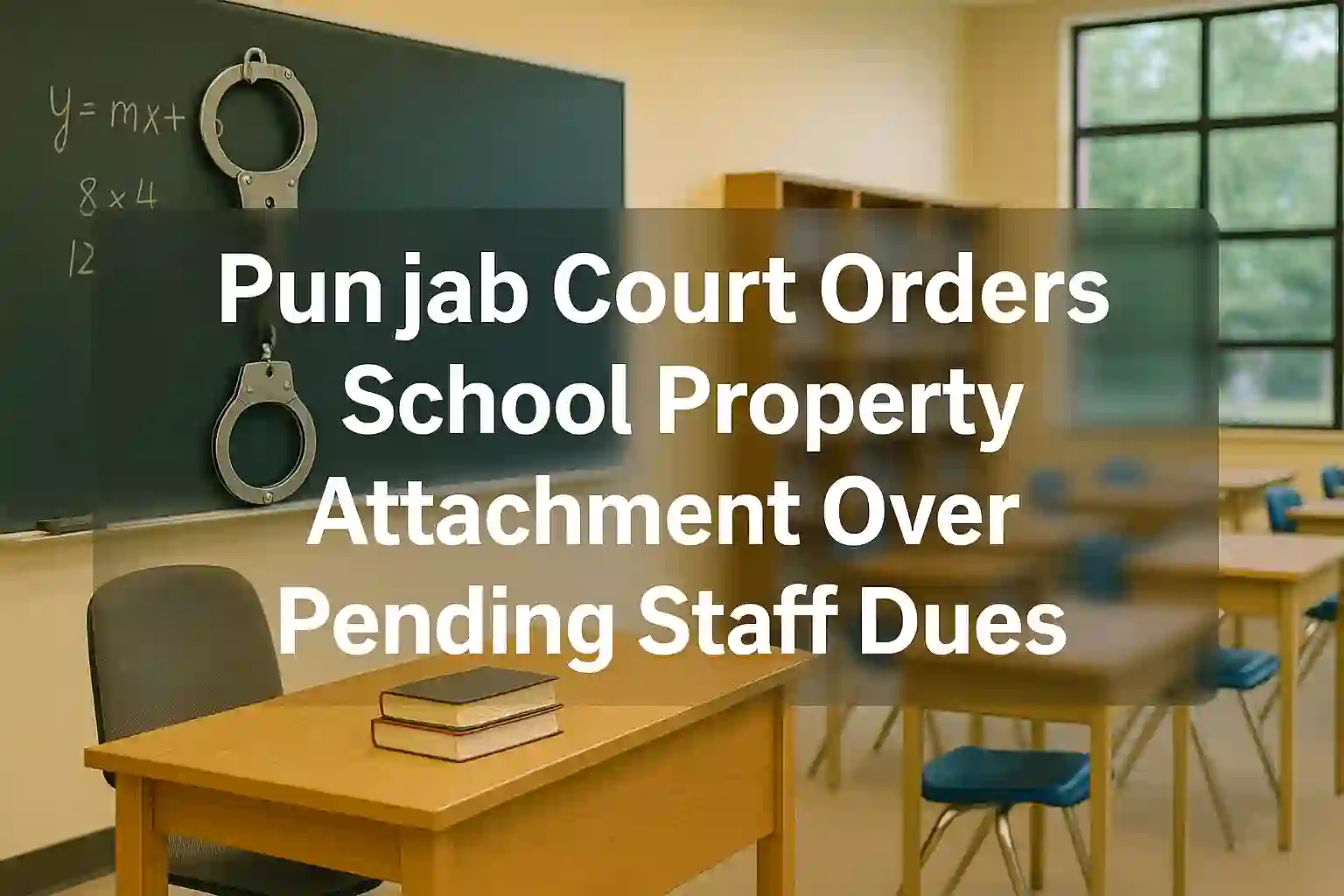Kerala’s Education Minister V. Sivankutty has sparked an important conversation by proposing a fresh look at the timing of annual school vacations in the state. The suggestion comes in the wake of extreme heat and erratic weather patterns being experienced during the March to May period, which is currently the summer vacation season for schools. He has called for an open discussion involving all stakeholders to decide whether adjusting school holidays can better protect children and teachers from harsh climatic conditions.
I felt this topic needed attention because it’s a real example of how climate change is no longer just an environmental issue—it’s beginning to affect our daily routines, especially that of children. Kerala, like many other parts of India, has been witnessing a shift in weather patterns, with rising temperatures becoming unbearable during the academic year’s final stretch. It makes sense to rethink whether our long-standing academic calendar still suits today’s realities. If we’re serious about student health and well-being, then this is not just a state issue—it could become a national-level conversation soon.
Climate Change and Its Impact on School Calendars
Over the last few years, Kerala has experienced intense summer heat, sometimes crossing 40°C, along with unpredictable rains and humidity levels. March to May, which is traditionally considered summer vacation, is also the period when Kerala sees extreme weather. But now, heatwaves are starting earlier and extending longer, often continuing into June and beyond.
The minister pointed out that the fixed academic schedule may no longer be suitable if the weather continues to shift this way. He stressed the need for scientific analysis, regional climate data, and stakeholder opinion before deciding on any calendar changes.
What the Minister Is Proposing
V. Sivankutty is not calling for an immediate change. Instead, he’s suggesting a broader public discussion involving:
- Teachers and school managements
- Parents’ associations
- Climate and health experts
- Government officials and education boards
The main idea is to figure out whether shifting the vacation to slightly cooler months would help reduce heat-related health risks among students and school staff.
He also mentioned that Kerala is not the only state facing this issue. Other southern states are dealing with similar heatwaves, and hence any policy change could serve as a reference for national-level planning.
Why the Timing of School Holidays Matters
Currently, most schools in Kerala shut for summer vacation around April and May, which coincides with one of the hottest periods of the year. In many districts, daytime outdoor activities during this time are almost impossible without risking sunburn, dehydration or heatstroke.
If vacation timings are adjusted—say, moved earlier to March or pushed into the rainy season—schools might be able to avoid the peak heat period and protect children from climate-related health risks.
Possible benefits of reworking the calendar:
- Avoid sending children to school during high UV and temperature warnings
- Help schools avoid power and water shortages that happen during summer
- Allow better planning of academic exams and activities in milder months
Examples from Other Regions
Other countries, especially in tropical regions, already adapt school timings based on their climate. For example:
- In Middle Eastern countries, summer vacations begin earlier due to extreme heat
- In parts of South East Asia, holidays are adjusted to avoid heavy monsoon days
So the concept is not new. What’s new is that an Indian state is formally thinking along these lines.
What Schools and Parents Need to Consider
Of course, any such decision won’t be easy. There are challenges:
- Coordination with national-level exams like CBSE board schedules
- Travel and family plans during summer holidays may be disrupted
- Teachers and school managements would need to restructure the academic calendar
Still, if the health and comfort of children is the top priority, it is worth discussing.

















